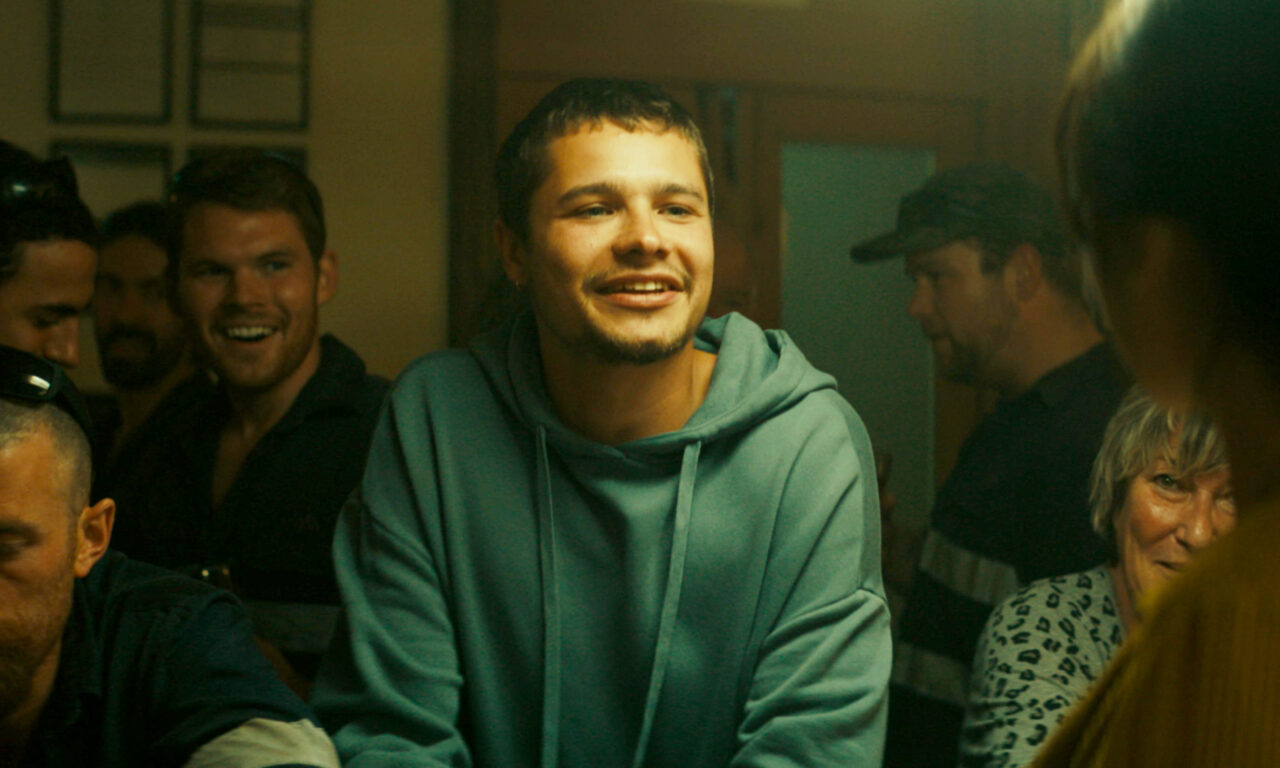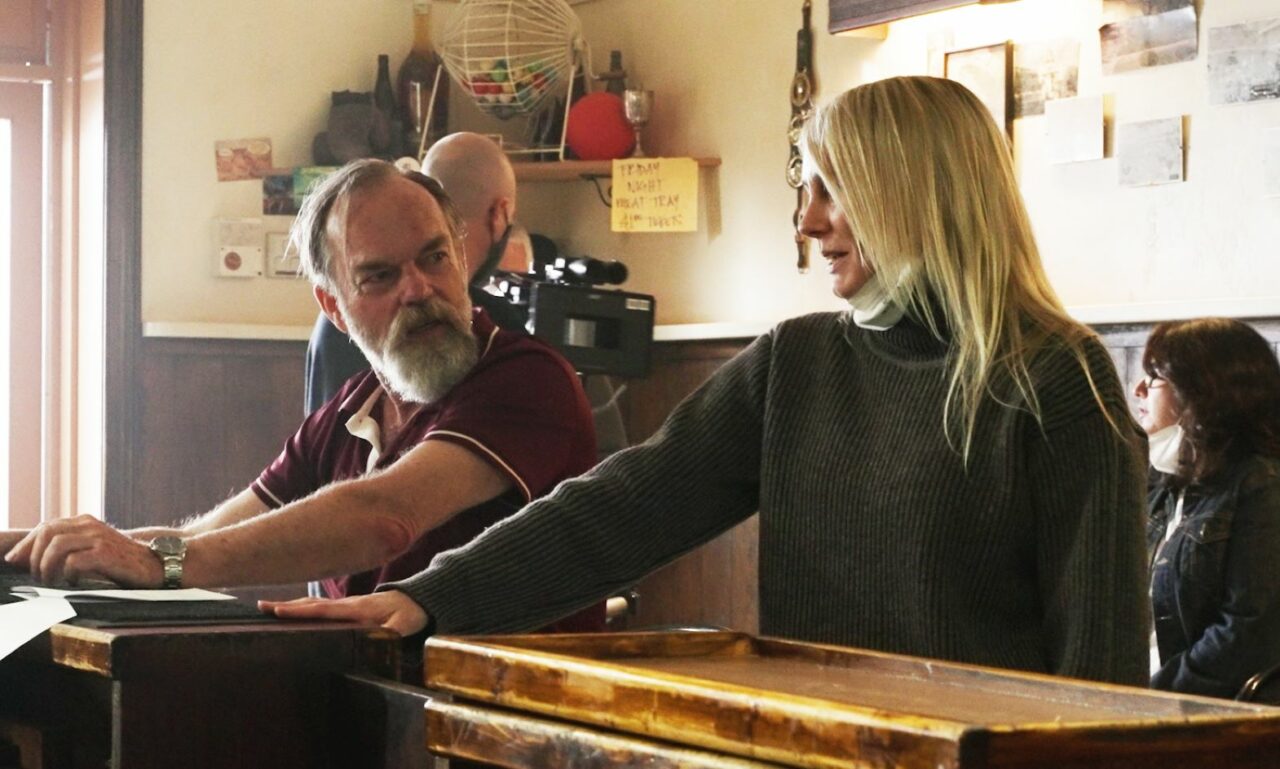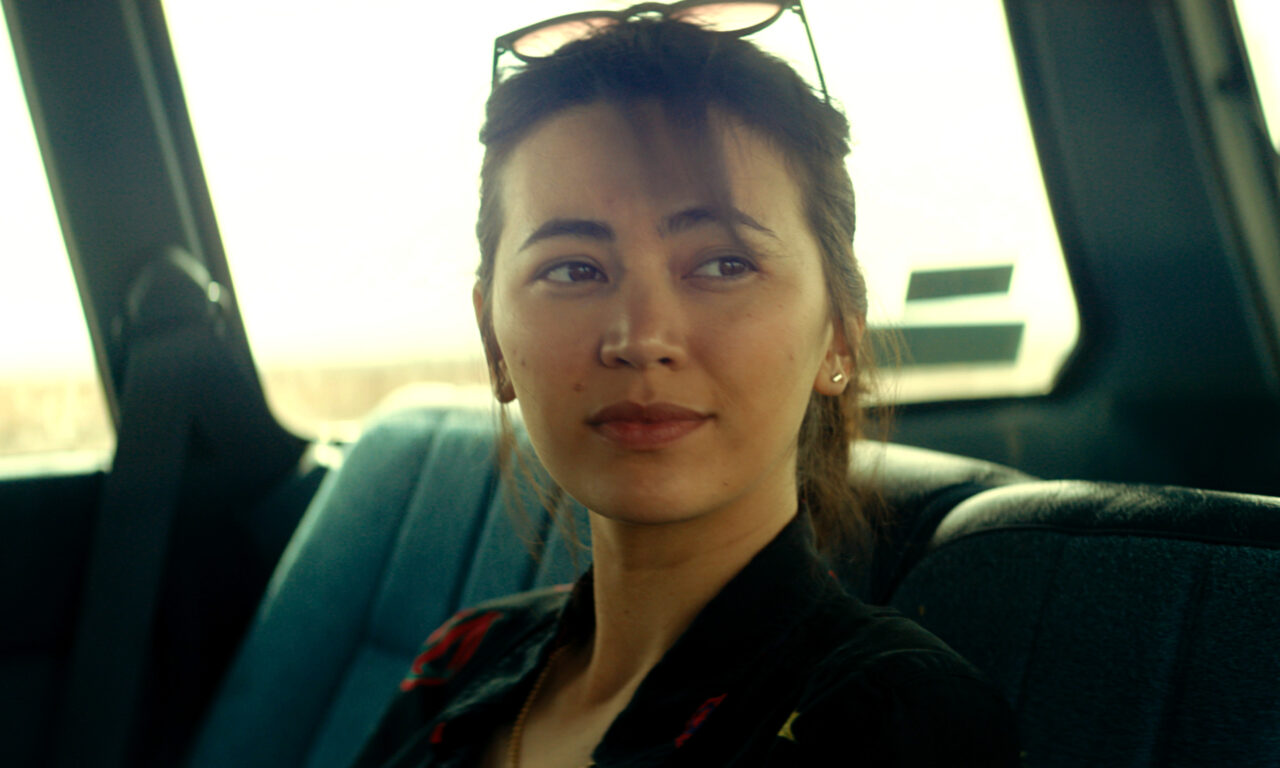INDEX
Kitty: “Speaking up requires confidence, and building that confidence takes time“
-After watching the film, I was reminded of how Japanese customer service is often praised as the best in the world. It is highly valued for being excessively polite, friendly, and considerate. Accepting any situation, like Liv does, is considered a virtue in Japan. How do you view the different attitudes towards unfair situations, as depicted through Hannah’s fight and Liv’s acceptance?
Kitty: Indeed, the situation was unjust, but what I portrayed was a clash of cultures. When encountering a new culture, reactions can vary, much like Hannah and Liv’s responses. Neither approach is necessarily right or wrong. Liv adopts an attitude of accepting the “flawed” men, as if to say, “They have their good points too.” On the other hand, Hannah is guarded and constantly skeptical. The difference in attitudes becomes particularly clear when alcohol is involved.

-As you mentioned, I also feel that neither attitude is necessarily the right one.
Kitty: There’s a scene where the men invite the two women to go watch the sunset, but it’s hard to judge whether their intentions are genuine or not. I’ve had people from various countries watch the film, and many Australians view Liv’s attitude as positive because she accepts the situation and enjoys it. However, Americans might question why she would follow along when it seems dangerous. This reflects the diverse attitudes shaped by cultural differences.
-There are moments in the film where Liv’s accepting attitude is admirable, but it also made me realize that it’s important not just to accept everything but to establish your own “line” of what you’re not willing to tolerate.
Kitty: I also have a sense of where my line is. As I’ve gained experience with age, I’ve become better at establishing my boundaries and standing up for myself compared to when I was younger. However, even while making the film, I sometimes wondered if I should have spoken up more. I’m still learning. Speaking out requires confidence, and building that confidence takes time.

-What do you hope to communicate through this film?
Kitty: Instead of delivering a straightforward message, my focus is on capturing situations that are familiar in everyday life but seldom portrayed in films. Watching Hotel Coolgardie made me recall times when I felt uneasy in social drinking settings. In retrospect, I often brushed off behavior that was actually quite unsettling and frightening. My goal was to highlight and explore these subtle yet uncomfortable moments in detail.
The film mainly delves into Hannah’s internal experiences. By spotlighting instances that might otherwise be overlooked and addressing microaggressions—unintentional yet harmful biases—I aim to reveal how women perceive and deal with such discomforting situations, communicating their experiences with careful attention.
-Even the smallest scenes were illuminated, and I felt that the film thoughtfully explored and conveyed the emotional landscape of those moments.
Kitty: I’m glad to hear that. The close-up shots played a crucial role in achieving that. Initially, I intended to shoot the entire film in wide shots, as an homage to Chantal Akerman’s feminist film ‘Jeanne Dielman, 23 quai du Commerce, 1080 Bruxelles’ from the 1970s. However, once we started shooting, I realized how important it was to capture the protagonist’s emotional responses and observations in close-up. So, I applied the same approach to ‘The Royal Hotel.’


























